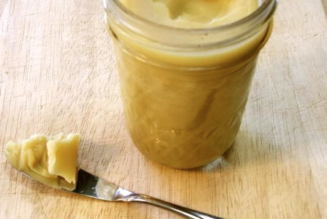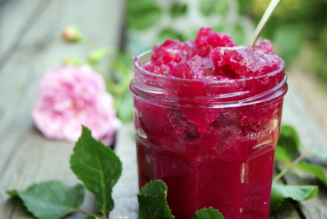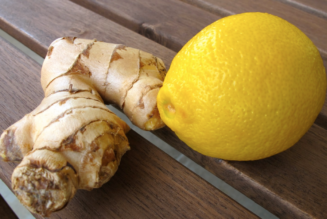Ayurveda Tips For Transitioning Into Fall Season
Ayurveda defines the transitioning between two seasons as “rutu sandhi”; “rutu” being season and “sandhi” being junction or transition. During this seasonal transition it is recommended that one should change clothes, lifestyle, and attitudes from the old season and enter afresh into the next season.
Fall = Dry, Light, Cool, Rough & Windy
From the perspective Ayurveda, each season is dominated by characterstic qualities. For example, summer is hot and fiery while winter being icy and cold. Likewise, fall is considered a transition period characteristic of being dry, light, cool, rough and windy – all which naturally increase vata conditions [i.e. dry skin, constipation, arthritis, stiffness of the joints, rheumatism].
5 AYURVEDA TIPS FOR FALL SEASON:
1. Wake Up Before Sunrise:
There is a sense of increased movement during fall season. As the winds are more gusty and turbulent, so too is the mind. Therefore, one should wake up early while there is still an extraordinary silence and peace within the atmosphere and simply sit quietly. This will help one to remain more balanced throughout the day.
2. Brush Your Teeth With A Special Powder:
Brushing your teeth with a special powder made of roasted almond shell, licorice, haritaki, and a little mint will help soothe the all-to-common drying and rough qualities of fall upon the oral mucosa.
Ayurveda Toothpaste
All-natural ayurvedic formula with neem (azadirachta indica) extract helps cleanse deep toxins from the teeth and mouth.
3. Gentle Tongue Scraping:
After brushing your teeth, you want to next consider gently scraping the tongue to help remove the pesky bacterial growth that happens throughout the night. It is also thought that by scraping the tongue – it also stimulates the internal organs via thier reflex and meridian points.
Silver Tongue Cleaner
A traditional Sterling Silver Tongue Cleaner will help whisk away bacteria and impurities found on your tongue in the morning.
4. Sesame Oil Mouth Swish:
After gently scraping the tongue to help remove any bacterial build up on the tongue you then will want to consider rinsing your mouth with sesame oil. Swishing and holding sesame oil within the mouth [without actually swallowing the oil] for about 2-3 minutes is a great way to keep the oral cavity lubricated throughout the drying aspects of fall season.
5. Cup Of Warm Water:
After brushing your teeth, next consider sipping on a cup of lukewarm water which will naturally help to stimulate a bowel movement. Since constipation is more common during fall season it is also recommended to perform a breathing exercise known as “pranayama” to further stimulate this progressive and downward movement; again in order to promote a healthy bowel movement.
THE IMPORTANCE OF PANCHAKARMA – A COMPLETE AYURVEDIC CLEANSE
DIET CONSIDERATIONS:
Organic Vata Calming Spice Mix
100% organic, ready-to-use spice mixtures satisfy the six ayurvedic tastes considered essential for balance. Organic Calming Vata Churna is a blend of seven ingredients, including cumin, ginger and fenugreek.
Amrit Kalash & Other Antioxidants
Full-spectrum antioxidant: targets mind & nervous system
- 1000x more effective in eliminating free radicals (the root cause of aging) than vitamins C or E1
- powerful food for the brain
- significantly boosts immunity & vitality
- best taken with Amrit Nectar
- vata, pitta, kapha balancing (vpk®)
Breakfast:
– warm oatmeal
– cream of wheat
– quinoa
Lunch:
– basmati rice with mung dal soup
– kitchari with steamed vegetables
– avoid dry, rough and raw foods during fall season
Dinner:
– steamed vegetables
– rice with ghee
– mushy soups
Dessert:
– halva
– cream of wheat with peeled almonds
Other Considerations For Fall:
– eat warming, soothing, and easily digestible meals
– eat foods which are primarily sweet, sour and salty in taste
– drink warming herbal teas such as ginger, cinnamon and cardamom tea
– keep warm and stay out of strong winds
– do regular yoga, meditation, and pranayama breathing exercises
Reference:
Lad, V. (2002). Textbook of Ayurveda, vol 3. Albuquerque, N.M.: Ayurvedic Press.

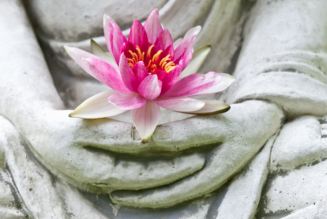
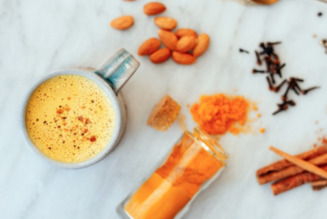
![Female Health: Amenorrhea [cessation of menses] – An Ayurvedic Perspective](https://healthyayurveda.com/wp-content/uploads/2015/07/1.-Amenorhea--327x219.png)

